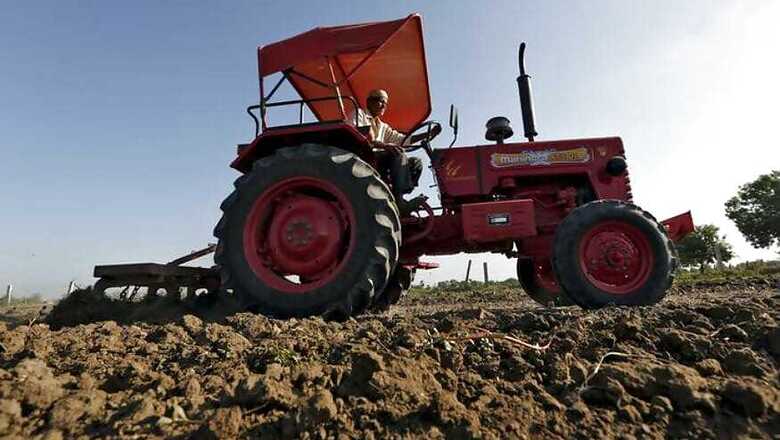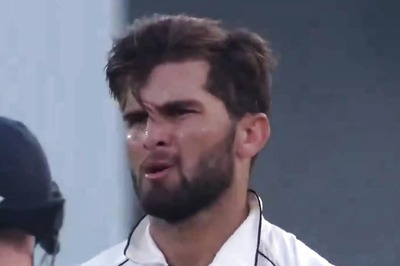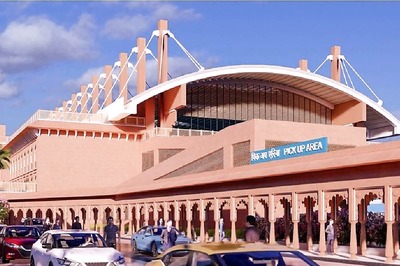
views
New Delhi: The Centre on Thursday told the Supreme Court that the Mahatma Gandhi National Rural Employment Guarantee Act was a "demand-driven scheme" and it has not curtailed the demand for funds by the states under it.
Attorney General (AG) KK Venugopal told a bench comprising justices Madan B Lokur and N V Ramana that there were no instances where the Centre has either capped number of days of employment under the Act or not released funds to the states.
"We have paid increased amount (to the states). The MGNREGA is a demand-driven scheme and at no stage, the demand (of the states for funds) has been curtailed by the Union of India," he submitted.
Venugopal put forward the arguments while countering the submissions of advocate Prashant Bhushan, appearing for the NGO-turned-political party Swaraj Abhiyan.
Bhushan claimed in the court that the Centre has no authority in law to reduce the "person days" from the projection made by the states under the Act and due of lack of funds, the states were unable to give employment to the people.
"The Act provides for 100 days of employment (in a year). It is a statutory obligation," he said, adding, "They are denying statutory rights to the people." At the outset, the AG told the bench that according to the provision of the Act, a Central Employment Guarantee Council was there and the petitioner could make a representation before the body since a large number of issues were raised in the plea.
When the bench asked Bhushan about it, he said issues raised were "purely legal" and the apex court should deal with them.
"If you (petitioner) are saying there are purely legal issues, we will hear them but no further affidavit should be filed. Or you give a representation before the council. They will give us a report and we will see," it said.
When the AG said that the petitioner should appear before the council, Bhushan claimed, "That body is filled with politically affiliated persons."
Venugopal contended, "The petitioner is now a political party and thus making a political attack."
The bench posted the matter for further hearing on February 13 and said that it would go into the legal issues only.
During the hearing, the bench asked the AG as to how funds were allotted to the states under the Act.
A senior government official, who was present in the court, explained to the bench about the process of fund-allocation to the states and said there was no paucity of funds under the Act.
The official also said that in the financial year 2017-18, initially Rs 48,000 crore was allotted under the Act but when the states demanded more funds, the Ministry of Finance allotted an additional Rs 7,000 crore.
The AG said that in 2016-17 financial year, 20 states crossed the agreed budget and the Centre provided the funds to them.
The Centre had in December last year refuted the claims of the petitioner that there was a delay on the government's part in releasing funds under the Act.
The court, which is hearing the plea which has sought relief measures in drought-hit states in the country, had earlier said that state food commissions, as mandated under the National Food Security Act (NFSA), 2013, should be set up even in states not hit by drought.
The plea has alleged that parts of 12 states—Uttar Pradesh, Karnataka, Madhya Pradesh, Andhra Pradesh, Telangana, Maharashtra, Gujarat, Odisha, Jharkhand, Bihar, Haryana and Chhattisgarh-- were hit by drought and authorities were not providing adequate relief.



















Comments
0 comment